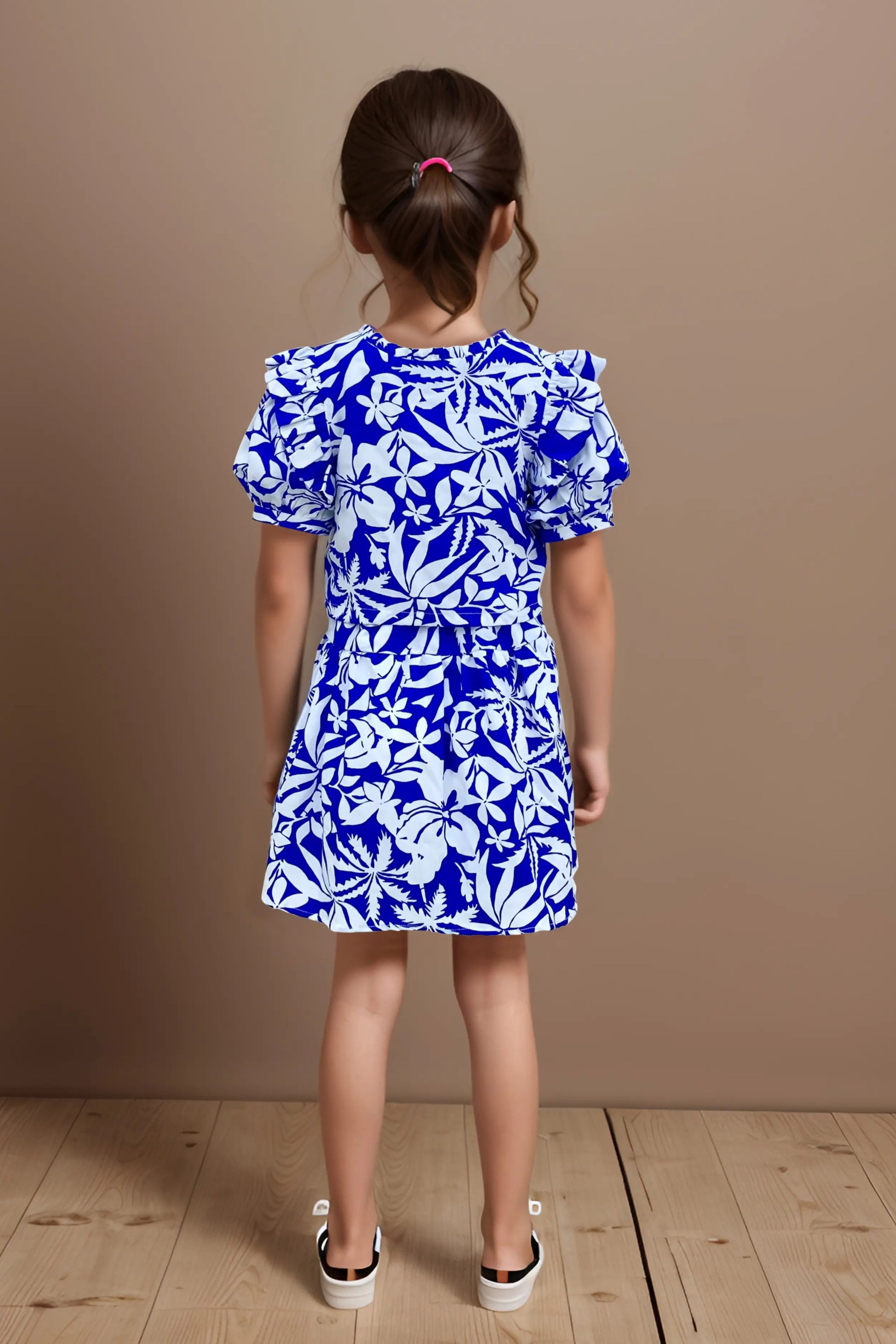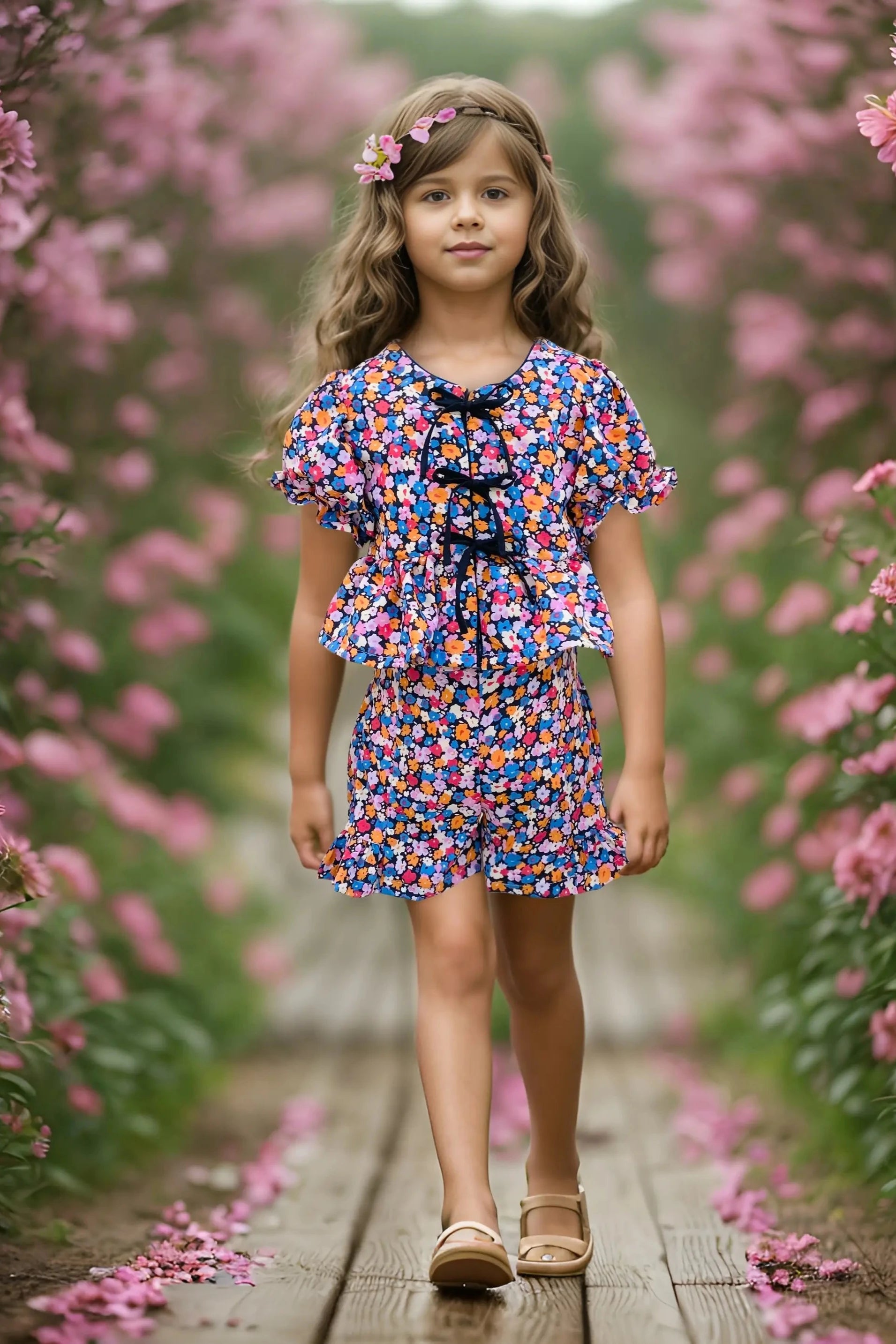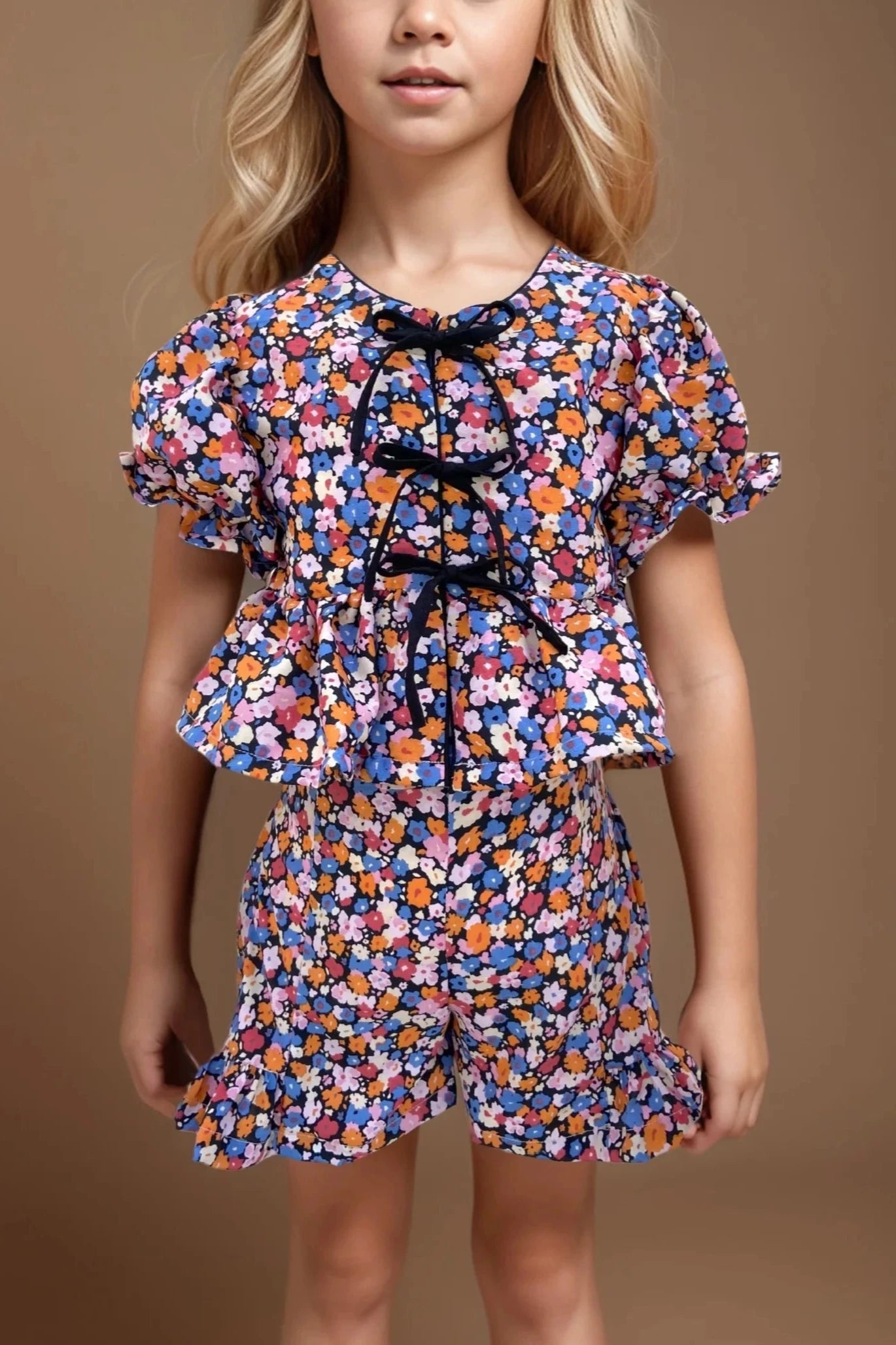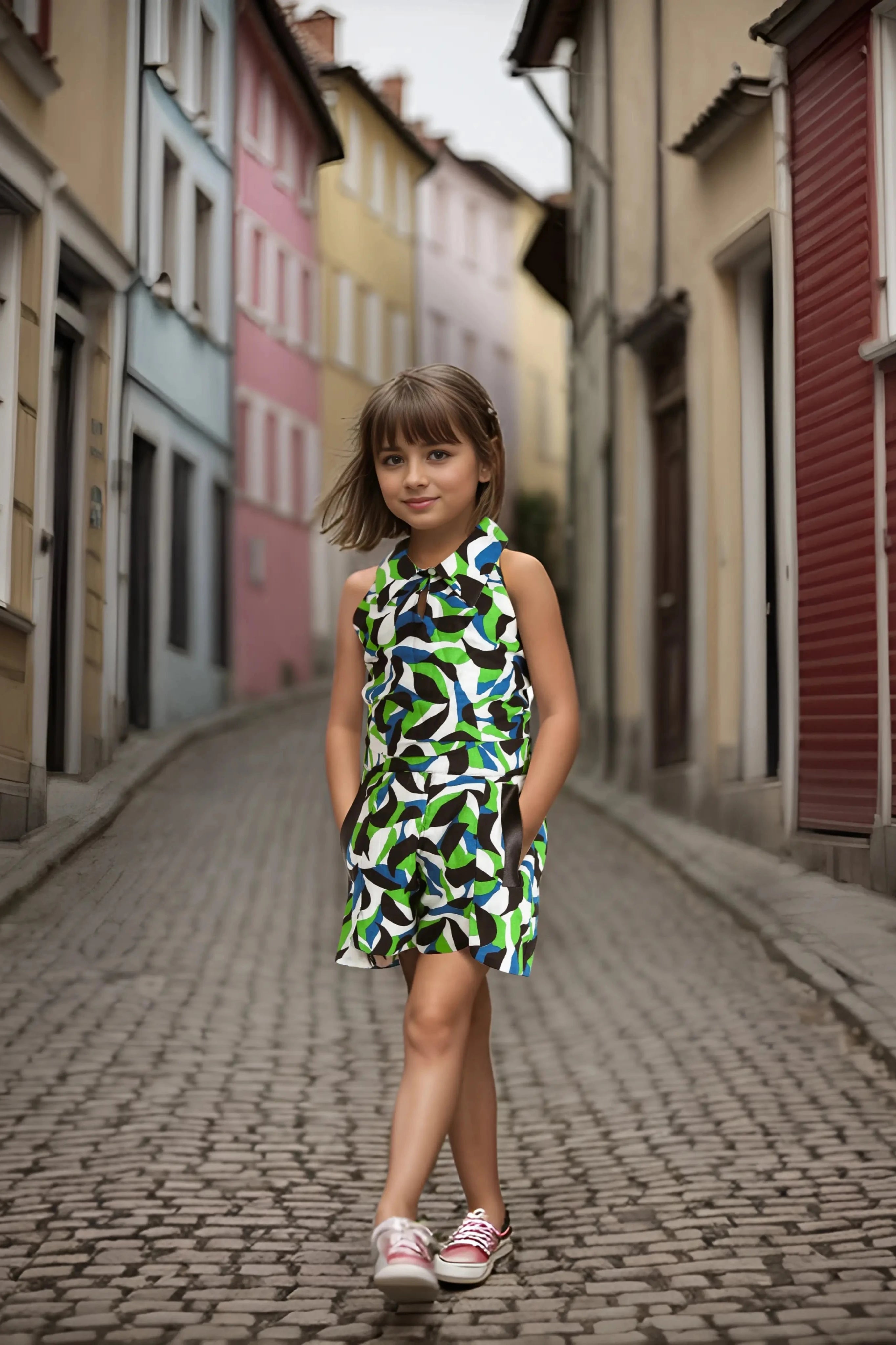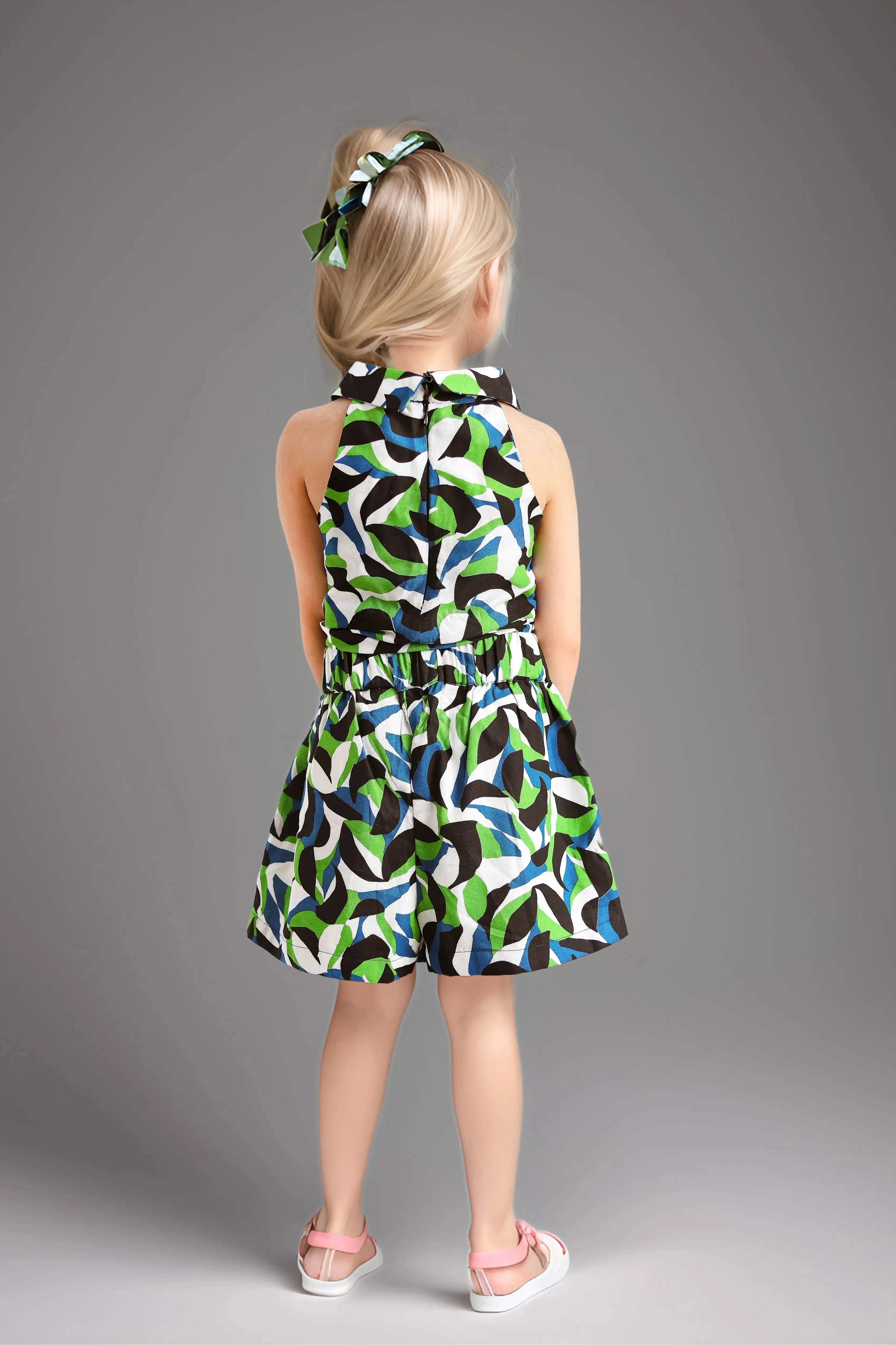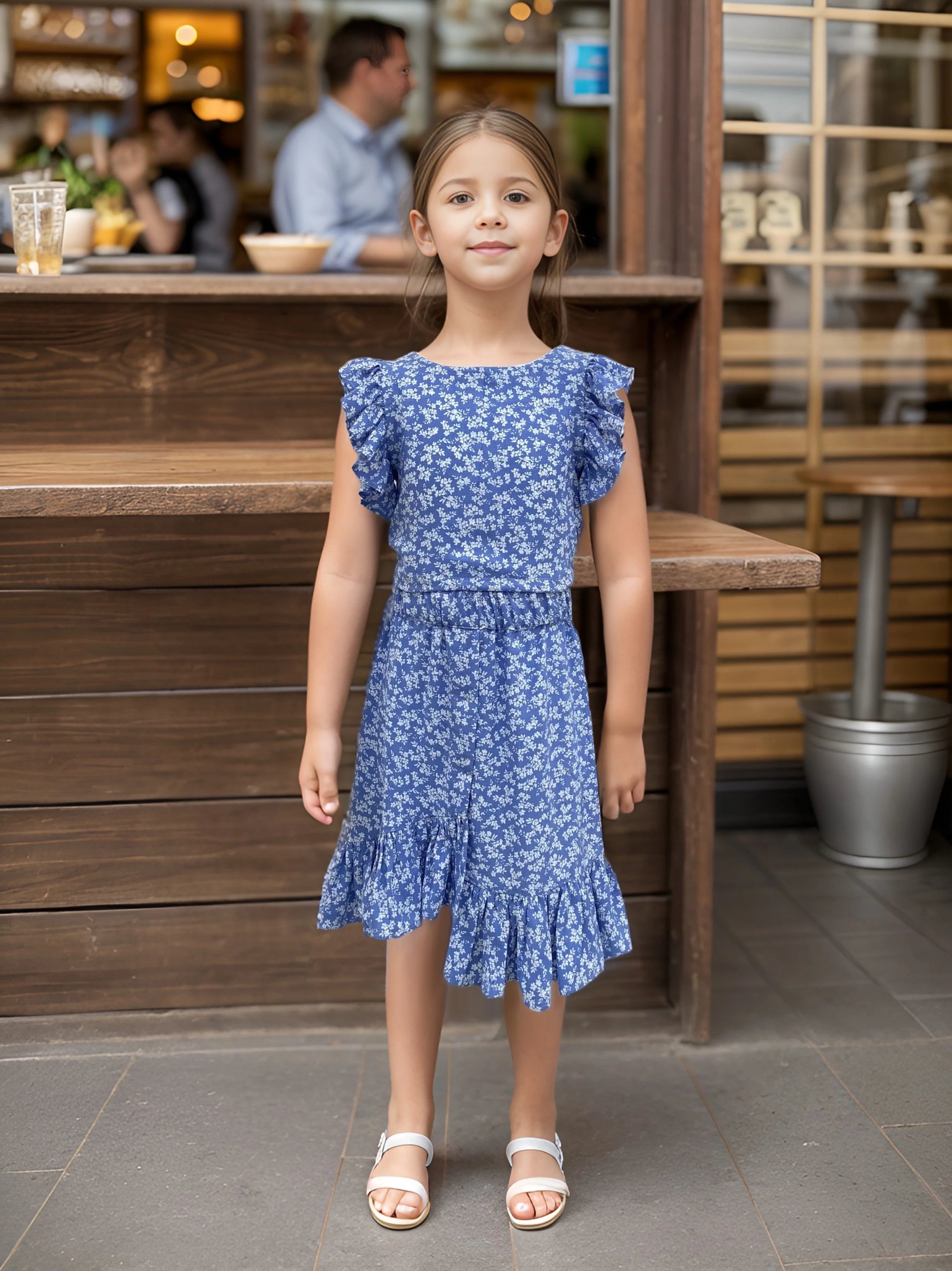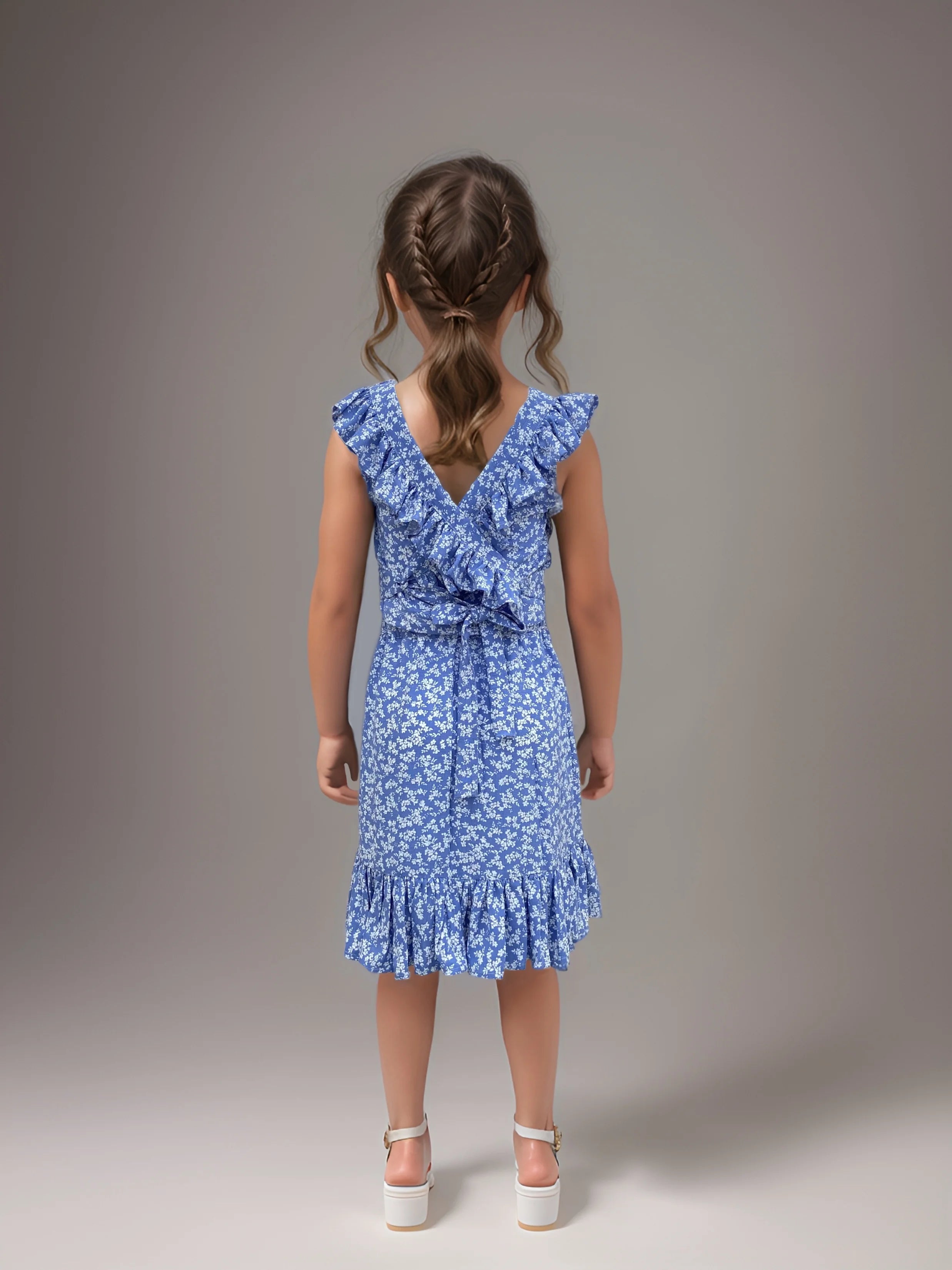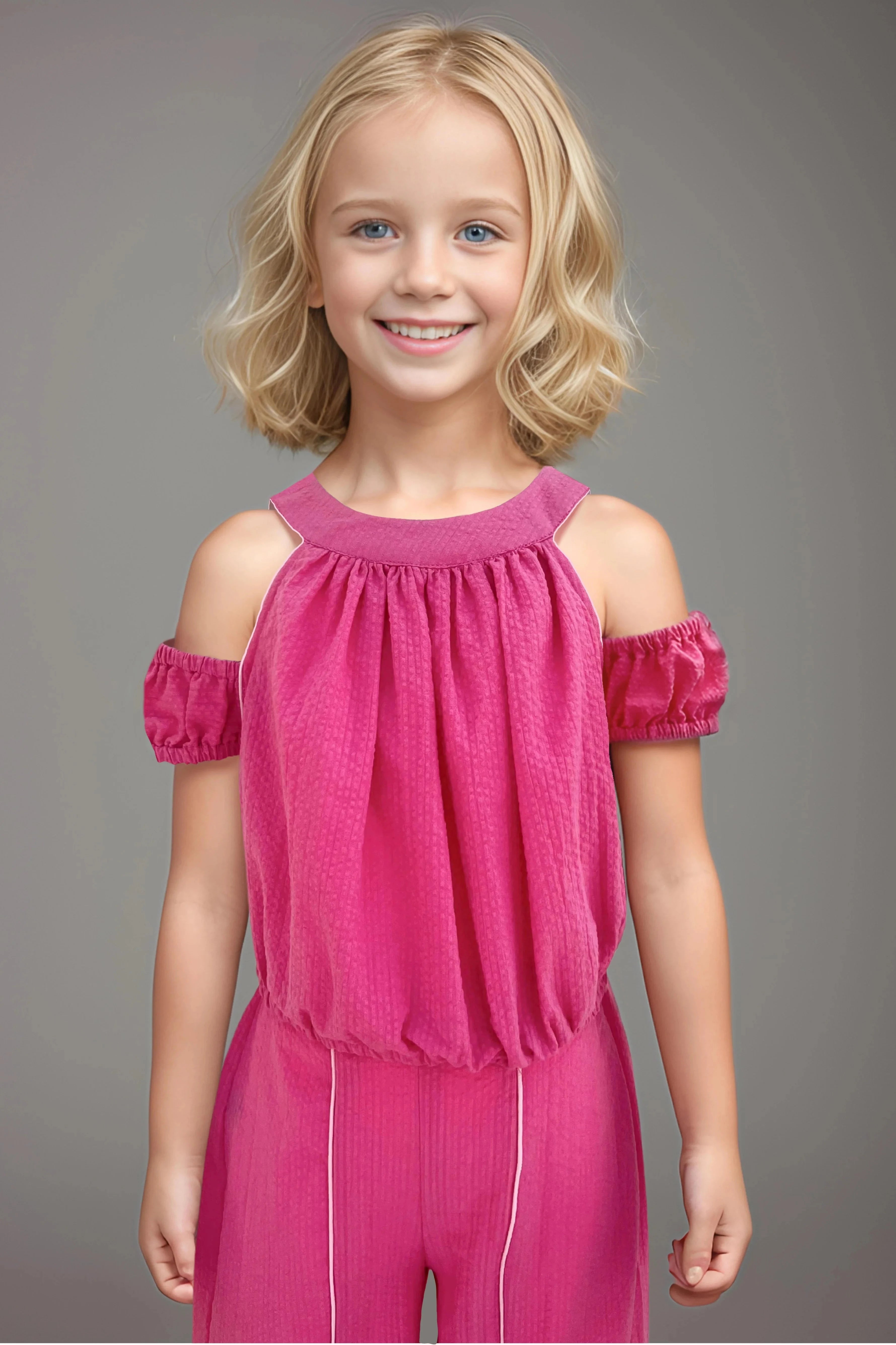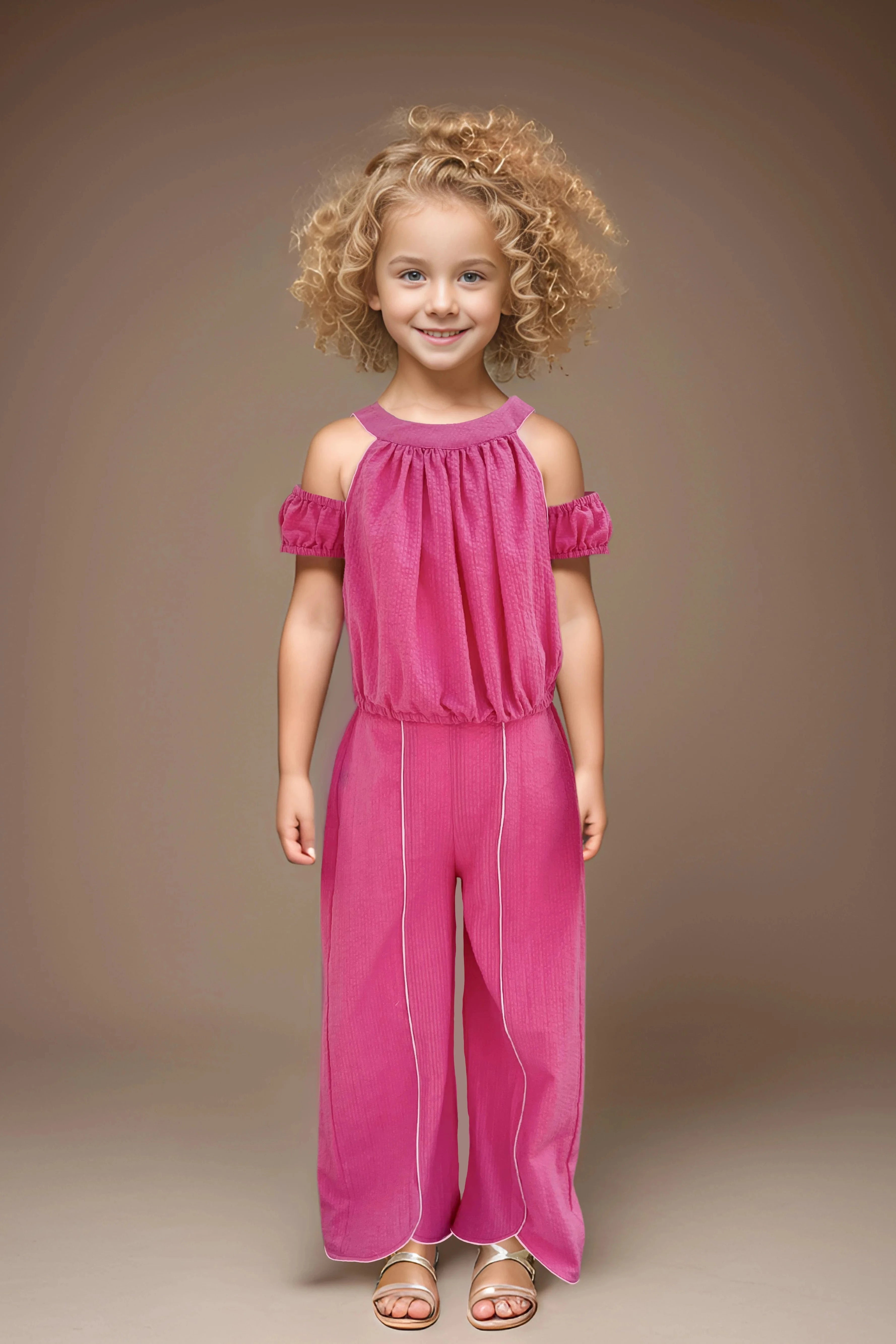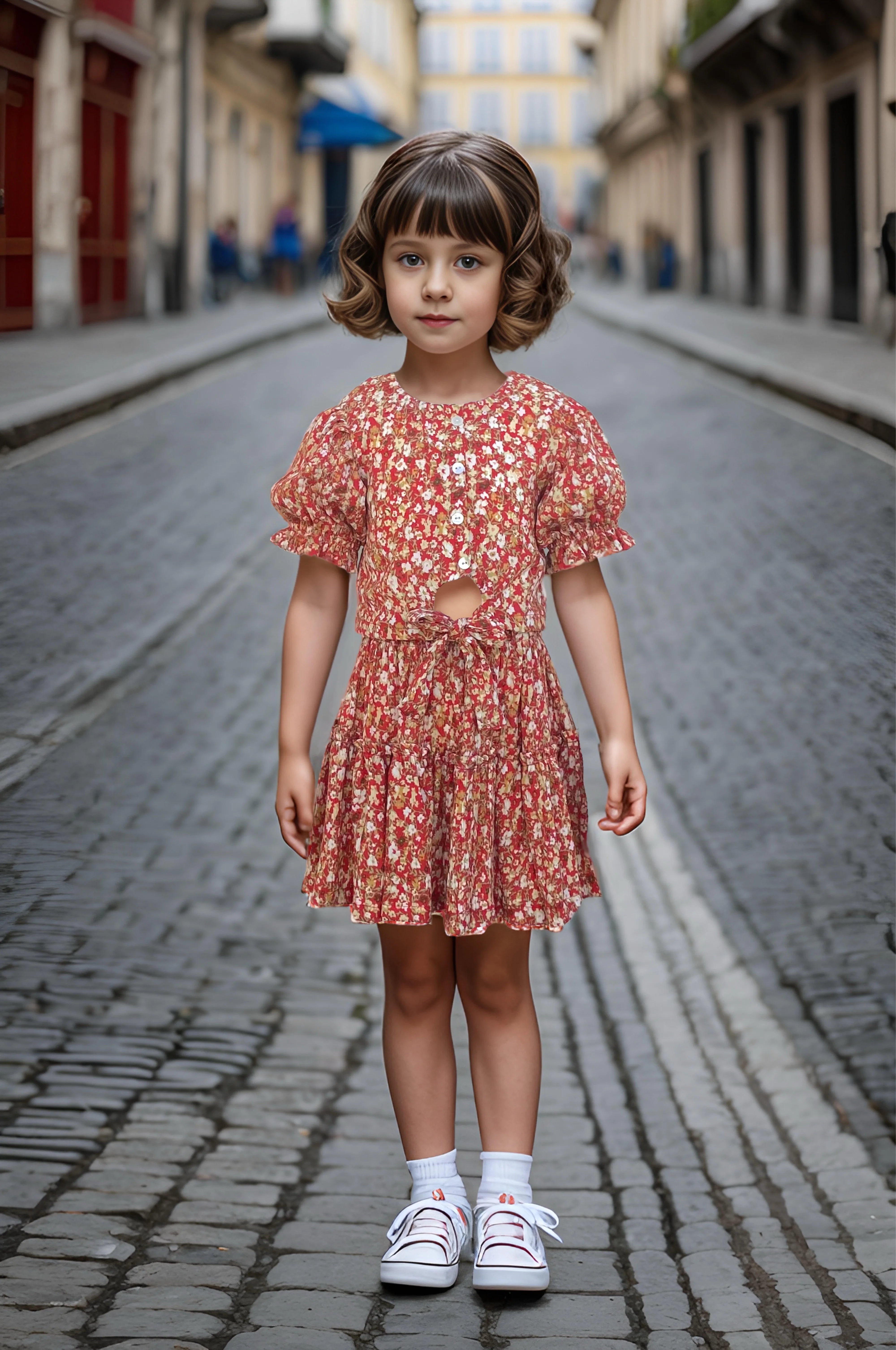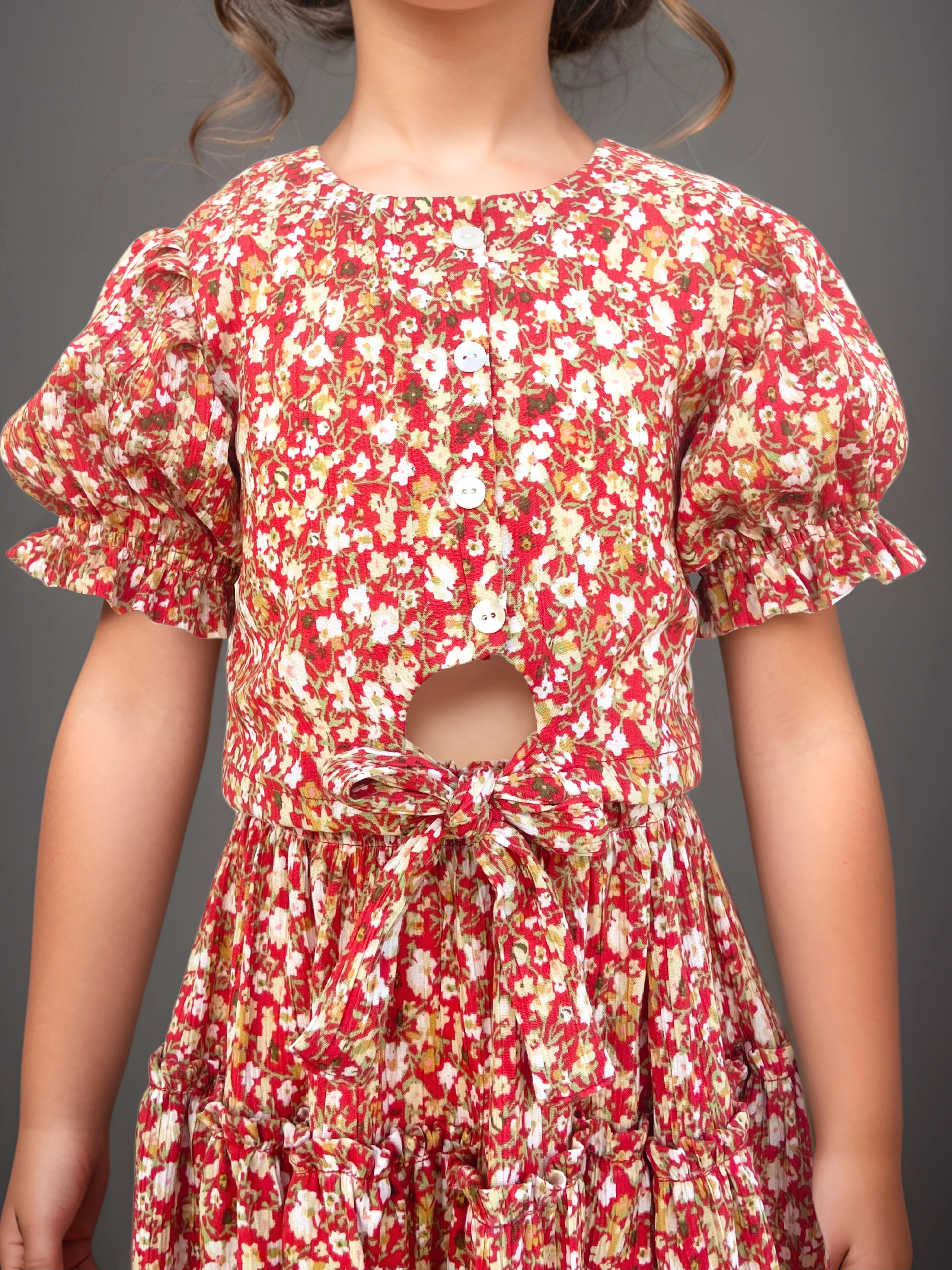30+ Best Short Poems for Kids (To Recite & Memorise)
Table of Contents
A fun and practical guide to the best short poems for kids—from silly rhymes to sweet classics!
As parents, we’re always on the lookout for simple ways to connect with our kids, help them grow, and sneak in a little learning along the way. That’s where short poems for kids come in—these tiny rhymes pack a surprising punch!
They’re not just fun to read aloud (though that’s a big part of the magic); they also help build your child’s vocabulary, spark their imagination, and even boost emotional awareness. In this blog, we’ll explore why short poems are such a beautiful addition to your parenting toolkit—and share a bunch of sweet, playful, and meaningful poems to enjoy with your little one.
What are Poems?
Poems are short pieces of writing that use rhythm, rhyme, and creative words to express feelings, ideas, or stories.
Glossary :
Rhythm - It is the beat or flow of a poem—it’s how the words sound when read out loud. It comes from the pattern of stressed and unstressed syllables, like a musical beat.
Rhyme - It is when two or more words sound the same at the end, like cat/hat or fun/sun.
Best Short Poems for Kids (Age-Wise Collection)
Looking for short poems that your child will actually enjoy? Here is your list!
For Toddlers (2–4): Playful & Easy
At this age, it’s all about rhythm, repetition, and fun sounds. These poems are short, sweet, and perfect for little ears.
1. “Rain” by Robert Louis Stevenson
The rain is raining all around,
It falls on field and tree,
It rains on the umbrellas here,
And on the ships at sea.
2. “Five Little Ducks” by Raffi (Adaptation)
Five little ducks went out one day
Over the hills and far away.
Mother duck said, "Quack, quack, quack, quack,"
But only four little ducks came back.
3. "A Coat" by Shel Silverstein
I have a coat, it's sort of old,
It’s not the kind that's bought or sold.
It has no buttons, has no zip,
It’s just my arms and hands and grip.
But when I hug you, warm and tight—
That’s my coat that feels just right.
4. "Little Brown Dog" by Margaret Wise Brown
Little brown dog so short and fat
You are the nicest dog, and that is that.
You never bark, you never bite,
You’re always waiting with eyes so bright.
You wiggle and waggle and tumble and run,
And make every day a little more fun.
For Preschoolers (4–6): Rhyming and Funny
Preschoolers are all about silly, curious, and clever rhymes. These poems add a dose of laughter and learning to storytime.
1. Now We Are Six by A. A. Milne
When I was one,
I had just begun.
When I was two,
I was nearly new.
When I was three,
I was hardly me.
When I was four,
I was not much more.
When I was five,
I was just alive.
But now I am six,
I'm as clever as clever.
So I think I'll be six
Now and forever.
2. My Shadow (first stanza) by Robert Louis Stevenson
I have a little shadow that goes in and out with me,
And what can be the use of him is more than I can see.
He is very, very like me from the heels up to the head;
And I see him jump before me, when I jump into my bed.
3. "Mice" by Rose Fyleman
I think mice are rather nice.
Their tails are long, their faces small,
They haven’t any chins at all.
Their ears are pink, their teeth are white,
They run about the house at night.
They nibble things they shouldn’t touch
And no one seems to like them much.
But I think mice are nice.
For Early Schoolers (6–9): Mix of Classic and Creative
As kids start reading more independently, they’ll enjoy poems that spark imagination and curiosity. These have a little more depth while keeping things light and fun.
1. Spaghetti, Spaghetti! by Jack Prelutsky
Spaghetti, spaghetti! You’re wonderful stuff,
I love you a meter, I can’t get enough.
You’re covered with sauce and you’re sprinkled with cheese,
Spaghetti, spaghetti! Oh, give me some please!
Spaghetti, spaghetti! Piled high in a mound,
You wiggle, you wriggle, you squiggle around.
There’s slurpy spaghetti all over my plate,
Spaghetti, spaghetti, I think you are great!
2. The Swing by Robert Louis Stevenson
How do you like to go up in a swing,
Up in the air so blue?
Oh, I do think it the pleasantest thing
Ever a child can do!
Up in the air and over the wall,
Till I can see so wide,
Rivers and trees and cattle and all
Over the countryside—
Till I look down on the garden green,
Down on the roof so brown—
Up in the air I go flying again,
Up in the air and down!
3. "The Caterpillar" by Christina Rossetti
Brown and furry
Caterpillar in a hurry;
Take your walk
To the shady leaf, or stalk,
Or what not,
Which may be the chosen spot.
No toad spy you,
Hovering bird of prey pass by you;
Spin and die,
To live again a butterfly.
4. "Eletelephony" by Laura E. Richards
Once there was an elephant,
Who tried to use the telephant—
No! no! I mean an elephone
Who tried to use the telephone—
(Dear me! I am not certain quite
That even now I've got it right.)
Howe’er it was, he got his trunk
Entangled in the telephunk;
The more he tried to get it free,
The louder buzzed the telephee—
(I fear I’d better drop the song
Of elephop and telephong!)
Short Funny Poems for Kids
Who doesn’t love a good laugh—especially when it comes with a rhyme? These funny poems for kids are all about silly situations, unexpected twists, and just enough nonsense to keep your little one giggling from start to finish.
1. “I Made a Meme This Morning” by Kenn Nesbitt
I made a meme this morning.
It made me laugh all day.
I posted it online and then
It spread in every way.
2. “The People Upstairs” by Ogden Nash
The people upstairs all practice ballet.
Their living room is a bowling alley.
Their bedroom is full of conducted tours.
Their radio is louder than yours.
3. “Sneezles” by A.A. Milne
Christopher Robin
Had wheezles
And sneezles,
They bundled him
Into
His bed.
4. "Snowball" by Shel Silverstein
I made myself a snowball
As perfect as could be.
I thought I'd keep it as a pet
And let it sleep with me.
I made it some pajamas
And a pillow for its head.
Then last night it ran away,
But first—it wet the bed.
5. "My Puppy" by Aileen Fisher
My puppy chewed the slippers,
He chewed the kitchen mat,
He chewed the corner of the couch,
He even chewed my hat!
But when he chewed my homework—
Well, what else could I do?
I had to come to school and say,
“My homework’s gone... it’s true!”
Short Famous Poems for Kids
Some poems just stick with us forever—those sweet, simple verses we heard as kids and still remember word-for-word. These famous poems for kids have stood the test of time, not just because they rhyme well, but because they feel like home.
1. “Twinkle, Twinkle, Little Star” by Jane Taylor
Twinkle, twinkle, little star,
How I wonder what you are!
Up above the world so high,
Like a diamond in the sky.
Read the full poem here!
About the Poet: Jane Taylor was an English poet and author from the 1800s, best known for writing this beloved lullaby. It’s been recited by generations, often as a child’s first poem.
2. “The Owl and the Pussy-Cat” by Edward Lear
The Owl and the Pussy-cat went to sea
In a beautiful pea-green boat,
They took some honey, and plenty of money,
Wrapped up in a five-pound note.
About the Poet: Edward Lear was a master of nonsense poetry, known for his playful imagination and love for the absurd. His whimsical writing still brings joy to kids and grown-ups alike.
3. “Wynken, Blynken, and Nod” by Eugene Field
Wynken, Blynken, and Nod one night
Sailed off in a wooden shoe—
Sailed on a river of crystal light,
Into a sea of dew.
About the Poet: Eugene Field was often called “the children’s poet” for his dreamlike and musical poems. He made bedtime feel like an adventure, and his work is still a favorite for sleepytime reading.
4. “If I Had a Box of Crayons” by Anonymous
If I had a box of crayons,
And I could pick just three,
I’d color the world with kindness,
In red, and blue, and glee.
About the Poet: Though this poem is often passed around without a name, its gentle message of kindness and imagination has made it a quiet favorite in classrooms and homes.
Rhyming Poems for Kids: Easy to Learn, Fun to Say
There’s something musical about rhyming that makes poems extra fun—and easy—for kids to learn. That’s why rhyming poems for kids are such a big hit at home, in classrooms, and even during bedtime routines.
Before we jump into the poems, here’s a super simple cheat sheet to show you how common rhyme patterns work:
|
Rhyme Pattern |
Example |
How It Works |
|
AABB |
sky / high / sun / fun |
First 2 lines rhyme, next 2 rhyme |
|
ABAB |
rain / day / again / play |
1st & 3rd lines rhyme, 2nd & 4th rhyme |
|
ABCB |
tree / swing / bee / sing |
Only 2nd & 4th lines rhyme |
Now, let’s explore three lovely rhyming poems for kids that are fun to recite and perfect for memorizing!
1. “Popcorn” by Unknown
Popcorn, popcorn, sizzling in the pot,
Shake it up, shake it up, nice and hot.
Butter it and salt it and put it in a cup—
Yum, yum, delicious, eat it up!
2. “Bed in Summer” by Robert Louis Stevenson
In winter I get up at night
And dress by yellow candlelight.
In summer quite the other way,
I have to go to bed by day.
3. "Messy Room" by Shel Silverstein
Whosever room this is should be ashamed!
His underwear is hanging on the lamp.
His raincoat is there in the overstuffed chair,
And the chair is becoming quite mucky and damp.
His workbook is wedged in the window,
His sweater’s been thrown on the floor.
His scarf and one ski are beneath the TV,
And his pants have been carelessly hung on the door.
His books are all jammed in the closet,
His vest has been left in the hall.
A lizard named Ed is asleep in his bed,
And his smelly old sock has been stuck to the wall.
Whosever room this is should be ashamed!
Donald or Robert or Willie or—
Huh? You say it’s mine?
Oh, dear, I knew it looked familiar!
4. "I Like to See the Sun Go Down" by Rachel Field
I like to see the sun go down
Behind the purple hill,
With colors trailing up the sky
So quiet and so still.
I like to see it fade away
And leave the world to rest,
And all the trees and houses seem
So peaceful and so blessed.
Easy Poems for Kids Learning to Read
When kids are just starting to read, poems with repetition and simple words can help build confidence—and make learning fun! These easy poems for kids are great for beginner readers to follow along, recognize sight words, and enjoy the rhythm.
1. “I’m a Little Teapot” by George Harold Sanders and Clarence Kelley
I’m a little teapot,
Short and stout.
Here is my handle,
Here is my spout.
2. “The Cow” by Robert Louis Stevenson
The friendly cow all red and white,
I love with all my heart:
She gives me cream with all her might,
To eat with apple tart.
She wanders lowing here and there,
And yet she cannot stray,
All in the pleasant open air,
The pleasant light of day.
3. “Hoppity” by A.A. Milne
Christopher Robin
Goes hoppity, hoppity,
Hoppity, hoppity, hop.
Whenever I tell him
Politely to stop it, he
Says he can't possibly stop.
If he stopped hopping,
He couldn't go anywhere,
Poor little Christopher
Couldn't go anywhere...
That's why he always
Goes hoppity, hoppity,
Hoppity, hoppity, hop.
4. “Cats” by Eleanor Farjeon
Cats sleep
Anywhere,
Any table,
Any chair,
Top of piano,
Window ledge,
In the middle,
On the edge,
Open drawer,
Empty shoe,
Anybody’s
Lap will do.
Fitted in a
Cardboard box,
In the cupboard
With your frocks—
Anywhere!
They don’t care!
Cats sleep
Anywhere.
What Are the Types of Poems for Kids?
Poetry isn’t one-size-fits-all—and that’s the beauty of it! Kids can explore different forms of poems based on their mood, age, or creativity level. Whether it’s something silly, thoughtful, or just plain fun, these common types of poems for kids make a great starting point:
1. Acrostic
In acrostic poems, the first letter of each line spells out a word (often the theme of the poem). They’re great for younger kids to get creative with spelling and describing.
Example:
“Friend” (Author Unknown)
Funny and kind,
Ready to play,
In every moment,
Every day,
Never mean,
Delight to stay.
2. Limerick
Limericks are short, silly five-line poems with a bouncy rhythm and an AABBA rhyme scheme. They're perfect for kids who love jokes and rhymes.
Example:
“There Was an Old Man with a Beard” by Edward Lear
There was an Old Man with a beard,
Who said, "It is just as I feared!—
Two owls and a hen,
Four larks and a wren,
Have all built their nests in my beard!"
3. Haiku
A haiku is a three-line poem with a 5-7-5 syllable pattern. Haikus usually capture a moment in nature or a quiet feeling.
Example:
Haiku by Jack Prelutsky
A caterpillar,
on a leaf, spins a cocoon.
Slowly, it changes.
4. Free Verse
Free verse poems don’t have to rhyme or follow a pattern. They sound more like regular talking—but still full of feeling.
Example:
“Who Has Seen the Wind?” by Christina Rossetti
Who has seen the wind?
Neither I nor you:
But when the leaves hang trembling,
The wind is passing through.
5. Rhymed Verse
This is what most people think of when they hear “poem”! Rhymed verse follows a pattern (like AABB or ABAB), and it’s fun to say out loud.
Example:
“The Swing” by Robert Louis Stevenson
How do you like to go up in a swing,
Up in the air so blue?
Oh, I do think it the pleasantest thing
Ever a child can do!
Creative & Fun Ways to Teach Poems to Kids at Home
Getting kids to enjoy poetry doesn’t have to mean sitting still with a book. In fact, the more playful it feels, the more they’ll naturally lean in. With just a few simple activities, poetry time can turn into one of their favorite parts of the day.

Here are some easy and fun ways to teach poems to kids right at home:
-
Poem puzzles - Write a short poem on paper and cut it into strips—one line per strip. Shuffle the lines and let your child try to arrange them in the correct order. It’s a great way to build reading comprehension and memory while making it feel like a game.
-
Drawing from a poem - After reading a poem together, ask your child to draw what they imagined. This helps them connect emotionally and visually to the words. Poems about animals, nature, or silly characters work especially well for this activity.
-
Rhythm clapping - Read a poem aloud and clap along to the rhythm. Kids love hearing the beat, and it helps them remember lines more easily. Choose poems with strong rhymes or repetition to get started.
How Easy Poems for Kids Can Turn Poetry Into a Fun Habit
When poems are short, rhythmic, and full of repetition, they feel less like reading practice and more like play. Easy poems help kids build confidence, recognize patterns, and even improve pronunciation—without feeling overwhelmed. A short poem a day can quietly become a sweet, creative ritual that kids actually look forward to.
How to Help Your Child Write Their Own Poem (Even If They’re 5!)
You don’t need to be a poet (or have a child who can spell every word) to enjoy writing poems together. In fact, one of the best ways to introduce how to write a poem for kids is by keeping it light, playful, and all about expressing what they think or feel.
Here’s a super easy 4-step process you can try at home:
1. Start with brainstorming
Ask open-ended questions like:
– What do you love the most right now?
– What’s something funny or weird you saw today?
– If your teddy bear could talk, what would it say?
Write down all their answers—no right or wrong here!
2. Build a word bank
From the brainstorm, pick 5 to 10 words your child likes or finds funny. These could be simple words like “rainbow,” “jump,” “cookie,” or “superdog.” You can add rhyming words too if they’re interested.
3. Pick a structure
Keep it simple. You can suggest:
– A 4-line poem that rhymes (AABB or ABAB)
– A list poem (everything they love about their pet, snack, etc.)
– Or a shape poem, where the lines form a heart, star, or tree
Let them choose—it’s more fun that way!
4. Write the poem together
Help them put their words into lines. Don’t worry about spelling or grammar. Say the lines out loud and ask, “Do you like how that sounds?” Kids often self-correct when they hear it spoken.
At the end, read the poem out loud, cheer wildly, and maybe even hang it on the fridge. The goal is not perfection—it’s helping your child feel proud of creating something that’s truly theirs.
Bonus: Short Hindi Poems for Kids (With English Meaning)
If your child is learning Hindi or already loves listening to it at home, poems are a beautiful way to connect them to the language. Here are a few short and sweet Hindi poems for kids, complete with transliteration and English meaning to help you read along—even if your Hindi is a little rusty!
1. चंदा मामा दूर के (Chanda Mama Door Ke)
(Traditional lullaby)
Hindi:
चंदा मामा दूर के,
पूए पकाएं भूर के,
आप खाएं थाली में,
मुन्ने को दें प्याली में।
Transliteration:
Chanda mama door ke,
Pue pakaayein bhoor ke,
Aap khaayein thaali mein,
Munné ko dein pyaali mein.
Translation:
Uncle Moon from far away,
Fritters made of sugar today,
He eats them on a fancy plate,
But gives baby a tiny bowl—how great!
2.मेरी गुड़िया रानी (Meri Gudiya Rani)
(Perfect for toddlers who love dolls)
Hindi:
मेरी गुड़िया रानी है,
कितनी सुन्दर नानी है।
साड़ी पहन के चलती है,
पापा जैसे बोलती है।
Transliteration:
Meri gudiya rani hai,
Kitni sundar naani hai.
Saari pehen ke chalti hai,
Papa jaise bolti hai.
Translation:
My doll is a little queen,
The prettiest you've ever seen.
She walks around in a sari bright,
And talks like Papa—what a sight!
Download all short poem for kids for free here!
Refer these videos for visual learning!


Whether it’s short poems for kids at bedtime, easy poems for reading practice, or funny poems for kids that spark giggles, poetry has a special way of connecting with children. It helps build language, boosts creativity, and gives them a safe space to explore feelings, sounds, and imagination.
Introducing different types of kids poems—like rhyming verses, haikus, or limericks—opens up a world of playful learning. And the best part? It doesn’t have to be complicated. Just a few lines a day can create memories that last a lifetime.
Save this guide or share with fellow parents—because every child deserves a little poetry in their world.
Related:
- Check out our blog on Nursery Rhymes for Kids with Lyrics.
- Check out our blog on Friendship moral stories in English.
- Check out our blog on Inspiring short stories about honesty for students.
- Check out our blog on Interesting short stories Akbar Birbal.
- Check out our blog on Tricky riddles for kids with answers.
FAQ'S
1. At what age can I start reading poems to my child?
You can start as early as infancy or toddlerhood (1–2 years old). Simple, rhythmic poems with repetition are best for younger children, while older kids enjoy rhyming, storytelling, and funny verses.
2. How can I make poem reading fun for my child?
Use actions, expressions, rhymes, and even musical beats! Try drawing scenes from the poem, clapping along to the rhythm, or turning lines into puzzles and games to keep it interactive.
3. What type of poems are easiest for kids to learn?
Rhyming poems, limericks, and acrostics are some of the easiest for kids to remember. These formats use patterns and repetition, making them ideal for early learners and ESL students.
4. What are the benefits of short poems for kids?
Short poems help children develop language skills, memory, emotional intelligence, and rhythm awareness. They also encourage a love for reading, improve pronunciation, and make learning more fun and engaging.






















